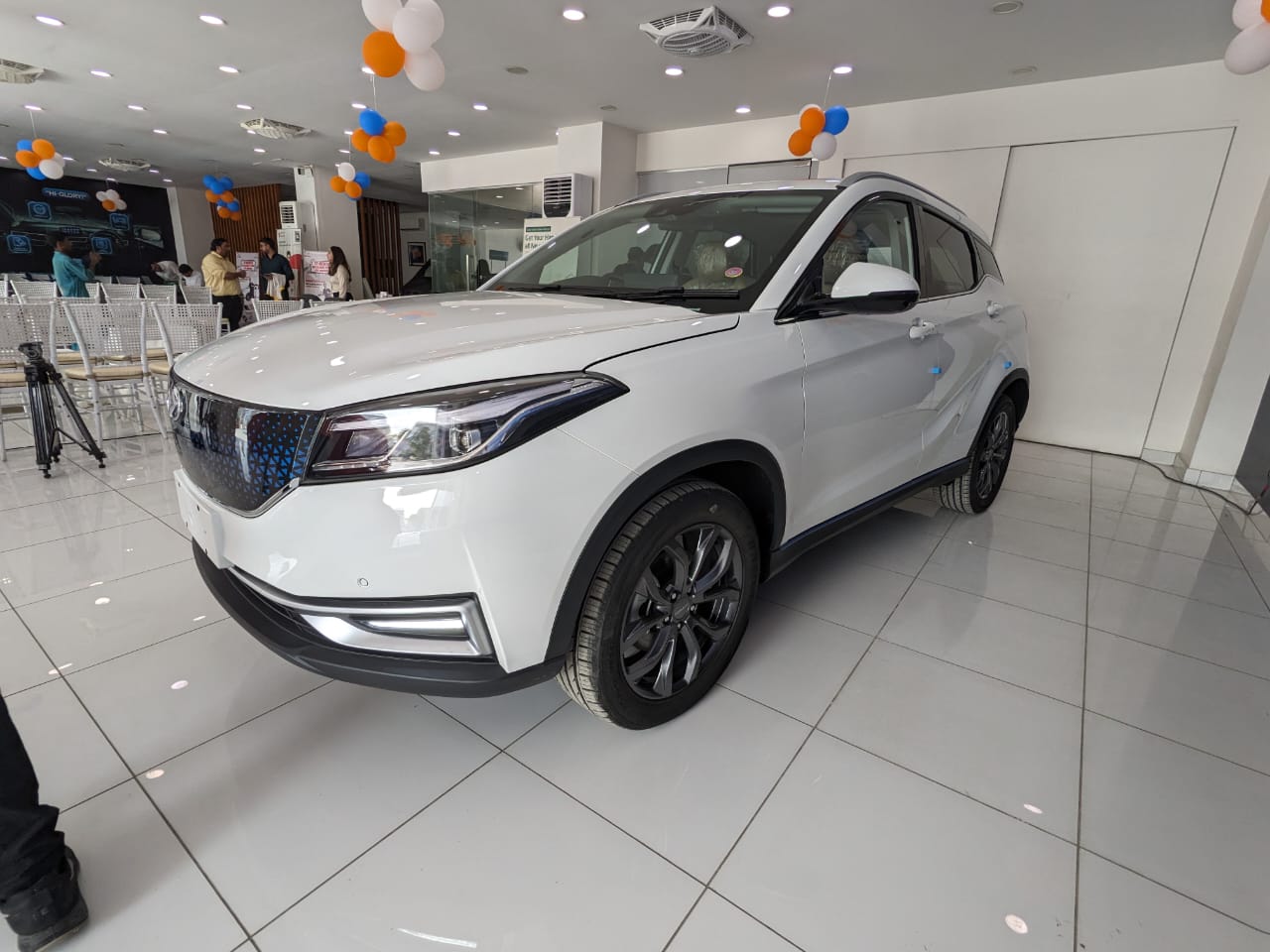Regal Automobiles, a collaborative effort between Dong Feng Sokon (DFSK), a prominent Chinese brand, and RP Group, a distinguished business conglomerate in Pakistan, has launched its inaugural Electric Vehicle (EV), Seres 3, in Pakistan. This introduction aligns with the recent influx of electric vehicles in the country, reflecting the auto sector’s commitment to advancing green technology.
The unveiling of Seres 3 marks a noteworthy achievement for Pakistan’s automotive industry, signaling a substantial move to address escalating fuel costs and a shift toward electric cars. The company has disclosed the official price, booking details, and expected delivery time for the locally assembled Seres 3, set at Rs. 9,199,000. This move positions the EV competitively, considering the Completely Built-up Seres 3 was previously priced above Rs. 10 million. The anticipated delivery date for the vehicle is March 24, 2024.
Situated on a 26-acre site in Lahore, the manufacturing facility is geared to distribute products nationwide through a robust network of 19 independent 3S Dealerships across the country. With a workforce exceeding 200 people, the company places a strong emphasis on training and cultivating a high-performing and empowered team, dedicated to quality and continuous improvement.
Pakistan is embracing the global surge in Electric Vehicles, as highlighted by statistics from the International Energy Agency (IEA), revealing that in 2022, one in every seven passenger cars purchased worldwide was an EV, a notable increase from one in every 70 five years prior. With a 55% increase in EV sales last year, reaching a total of 10.5 million, Pakistan’s timely integration into this trend involves collaboration with international EV giants to enhance its competence.
Chinese companies such as BAIC, Changan, JAC Motors, Great Wall Motors, MG, FAW, and Chery Automobile have established a presence and formed joint ventures in Pakistan, contributing to the country’s evolution in the EV industry toward intelligence and electrification. Although Pakistan has a journey ahead in building EV infrastructure, reducing EV prices, and localizing parts production, the collaboration with global leaders like China promises substantial technology transfer benefits.
















